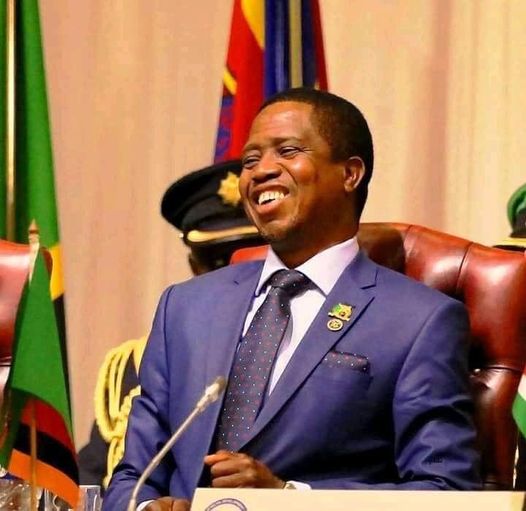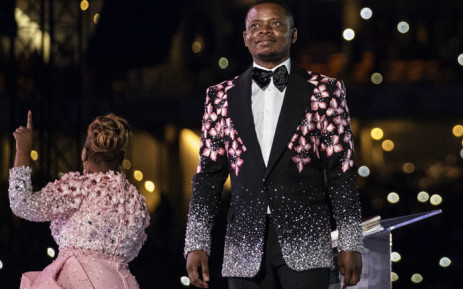SOUTH AFRICA – ANC Women’s League president Bathabile Dlamini has reiterated calls for those convicted of rape to be chemically castrated.
Speaking at the ANC’s 108th anniversary celebration in Port Shepstone, KwaZulu-
Natal, over the weekend, Dlamini said the call for chemical castration was relevant as women were still being killed and raped in the country.
“It was not the first time we made this call. During last year’s 16 Days of Activism we made this call. We had a meeting with NGOs and alliance partners. Some of the women came out strongly on the issue of death sentence,” she told Sowetan yesterday. “We raised the issue of human rights and said you can’t give the state rights to take life. Therefore, the option was chemical castration,” Dlamini said.
She said there should be an open discussion about the matter.
“We know there is a Constitution. but still, how many women must die? We are opening a debate. It is important for men to also be part of the debate and say what their problem is. Every day, we are shouting as women and the less worried people are men,” Dlamini said.
Following national protests and a conference on gender-based violence, President Cyril Ramaphosa outlined government’s programme to address the crisis.
The programme included mass media campaign against violence, introducing women’s rights in the school curriculum, establishment of 11 sexual offences courts and dealing with the backlog of rape cases in the criminal justice system.
Chair of the National Research Foundation and University of Cape Town professor Dee Smythe said focusing on the punishment of those found guilty could not resolve the crisis the country faced.
“You could come up with the most outrageous punishment [it will not help]. If people are not getting apprehended.
“If the cases are not properly investigated then you are providing a deterrent. Even when cases are reported to the police, 70% of those cases drop out of the criminal justice system before they go to trial,” Smythe.
“[It is only] once you have dealt with these problems that you can have a meaningful conversation about appropriate punishment. We are not at a point at which we can have that conversation.
“It is the same as the death penalty. We can’t have such a conversation when we are not even convicting people,” she said.
Credit : Sowetan




